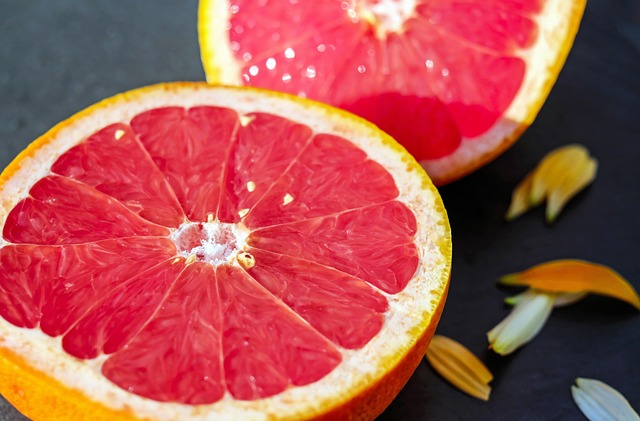Probiotics 101: A Beginner’s Guide to Improving Overall Well-being
What are Probiotics?
Probiotics are live bacteria and yeasts that are good for your health, especially your digestive system. We usually think of bacteria as harmful organisms that cause diseases, but our bodies are also inhabited by trillions of beneficial bacteria that play a crucial role in maintaining our overall well-being.
How do Probiotics Work?
Probiotics work by restoring the natural balance of bacteria in your gut. They help in maintaining a healthy digestive system by preventing harmful bacteria from multiplying and causing problems. Additionally, probiotics boost the production of vitamins, enhance nutrient absorption, and strengthen the immune system.
Benefits of Probiotics
Probiotics offer a wide range of benefits. Here are some of the key advantages:
- Improved Digestion: Probiotics help promote a healthy digestive system, minimizing issues like bloating, constipation, and diarrhea.
- Stronger Immune System: A significant portion of our immune system resides in our gut. Probiotics enhance the gut’s immunity, reducing the risk of infections and autoimmune diseases.
- Enhanced Nutrient Absorption: Probiotics improve the absorption of nutrients, ensuring that you get the most out of your diet.
- Mental Health and Mood: There is emerging evidence that suggests a connection between our gut and brain. Probiotics may help improve mental health conditions such as anxiety, depression, and stress by modulating the gut-brain communication.
- Weight Management: Some strains of probiotics have shown potential in supporting weight loss and reducing belly fat.
Sources of Probiotics
Probiotics can be obtained from various natural sources, including:
- Yogurt: Yogurt is one of the most popular sources of probiotics. Look for yogurt with live and active cultures.
- Kefir: Kefir is a fermented milk drink rich in probiotics. It has a tangy taste and is an excellent alternative to yogurt.
- Sauerkraut: Sauerkraut is fermented cabbage that contains probiotics along with other essential nutrients. It adds a delicious twist to your meals.
- Kimchi: Kimchi is a Korean side dish made from fermented vegetables, with cabbage being the most common ingredient. It is full of probiotics and adds a spicy kick to your plate.
- Miso: Miso is a traditional Japanese seasoning made from fermented soybeans. It is commonly used in soups and stews to add a savory flavor and probiotics.
Choosing the Right Probiotic Supplement
If incorporating probiotic-rich foods into your diet is challenging, you can opt for probiotic supplements. Here are a few factors to consider when choosing the right supplement:
- Strain Diversity: Look for a supplement that offers a variety of strains since different strains have distinct benefits.
- CFU Count: CFU stands for colony forming units. Ensure the supplement contains an adequate number of CFUs to provide the desired benefits.
- Delivery System: Probiotic supplements come in various forms, including capsules, chewables, and powders. Choose one that suits your preference.
- Quality and Reputation: Select a reputable brand that follows good manufacturing practices and undergoes third-party testing for quality assurance.
Introducing Probiotics into Your Routine
If you are new to probiotics, it’s best to start with small doses and gradually increase over time. This allows your body to adjust to the







